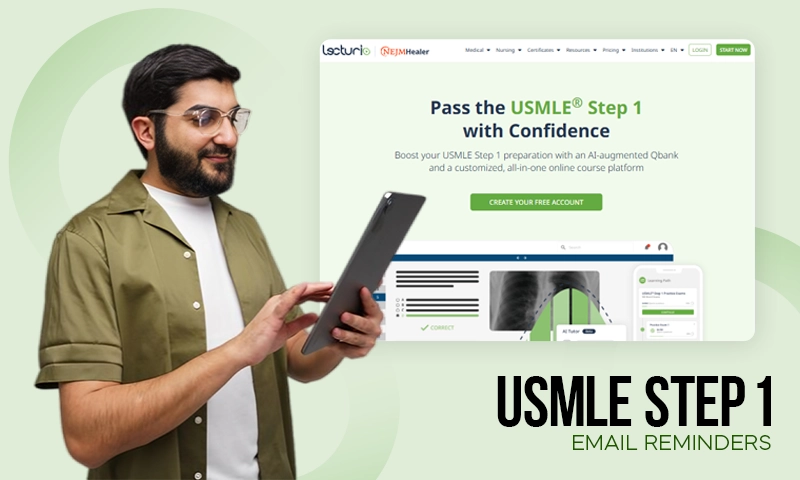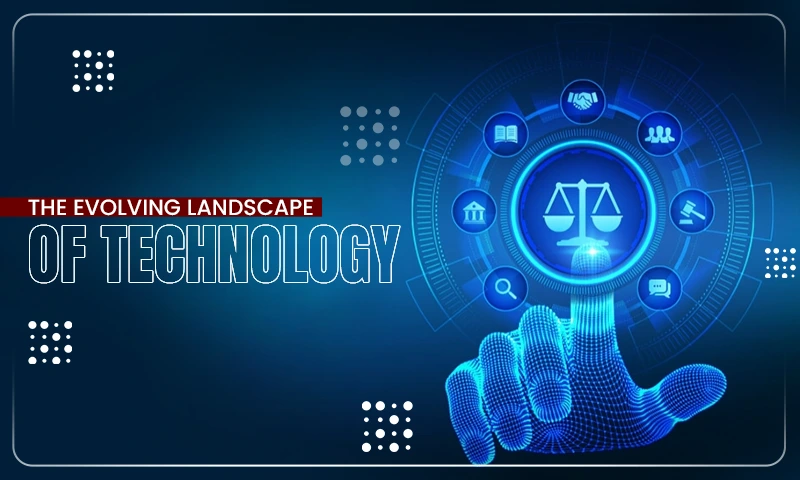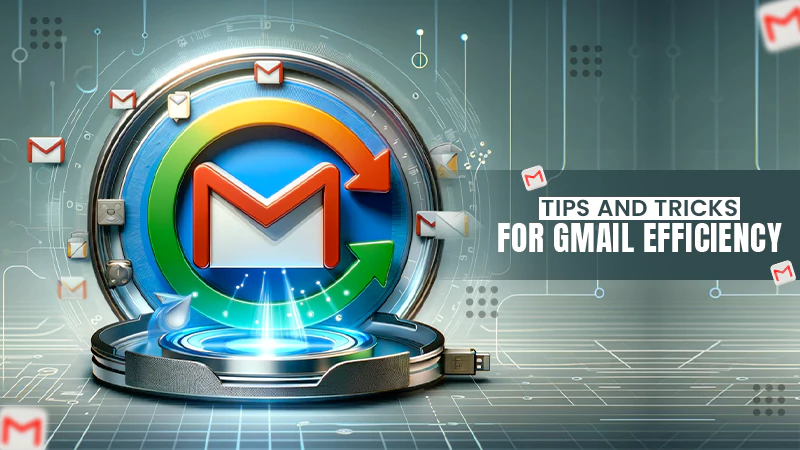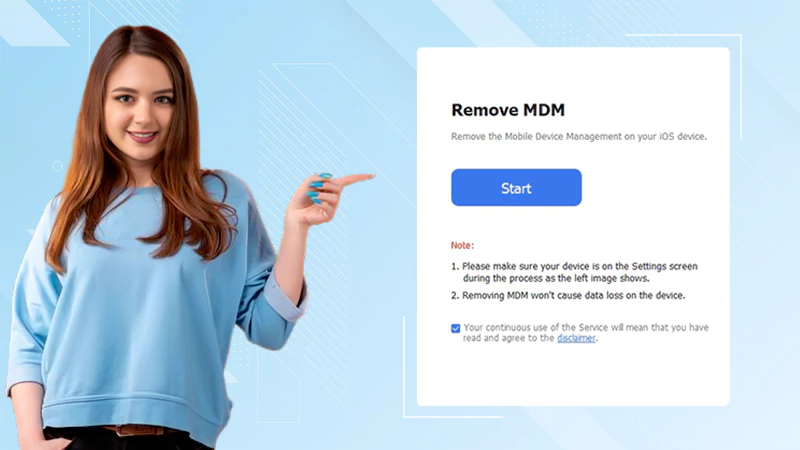Why Should Every Marketer Know the Main Cybersecurity Tools?
Organizations worldwide reported almost 500 million ransomware attacks in 2022. Yes, you read that right.
Here is another intriguing fact. Revenue in the global cybersecurity market could surpass $273 billion by 2028. The current projected revenue for 2023 is $162 billion.
Combine both facts, and it is easy to deduce that cybercrimes are rising. So is the need for better online protections such as backups protect from cyberattacks whether for business, government, or virtual lives. Thus, cybersecurity is set to grow more important in many industries and professions. One such industry is marketing.
Like most things in the modern world, marketing has gone digital. This digitalization has come with associated cyber risks. Two such risks that can affect consumers are data leaks and identity theft. Therefore, to protect their reputations, businesses must improve their cybersecurity measures.
Cybersecurity refers to the practices, tools, and steps businesses take to protect against and manage online risks. Read on to learn how it is important to marketers and how they enforce it.
Three Types of Common Cybersecurity Risks
- Phishing. Pronounced “fishing,” the term represents fraud that lures individuals into sharing sensitive information. Examples are Business Email Compromise (BEC) and Vendor Email compromise scams. The latter is especially important to marketers who use tools from commercial vendors.
- Social Media Scams. In this case, the cybercriminal may use a link that, if opened, loads malware onto the marketer’s device. Such a security violation could lead to the exposure of sensitive information about customers and businesses.
- Brute Force Password Attacks. Here, hackers use a trial-and-error method to generate correct passwords and login credentials. Usually, the more unique and strong a password, the longer a brute force attack would need. Hackers might do it via credential stuffing, which is when attackers use previously breached username-password pairs to gain unauthorized access to accounts.
Essential Cybersecurity Tools
Traditionally, the onus for providing security rests on the security organizations. Yet, the rise of digital marketing means marketers, as well as anybody using the Internet, should take responsibility.
Marketers need to pay more attention to the security of their operations. Part of their role is to innovate to meet KPIs and trigger growth. But they must also be watchful for vulnerabilities and stay aware of security threats that come with their jobs. Here are some tools that marketers should favor to ensure cybersecurity:
- Virtual Private Networks (VPNs). In a world where hybrid and remote work is here to stay, VPNs have important roles to play. Employees can usually trust the security of their company network. The same cannot be said of their home or especially public networks. The best VPNs Reddit users evaluated allow remote workers to access resources from the company servers or cloud. They also provide encryption of said data and anonymity.
- Antivirus. Businesses and marketers can use antivirus software to block threats from networks. Such threats include malware, ransomware, browser hijackers, etc.
- Firewalls. A firewall is a security system that monitors and controls access to a company’s network. It usually functions in accordance with certain security rules.
- Network Security Monitoring Tools. These tools help to identify threats originating from outside a company’s network. Thus, they help prevent or reduce attacks on the system. They include penetration tools, web vulnerability tools, network defense tools, packet sniffers, etc.
- Encryption Tools. Encryption tools represent the most direct means of protecting data from prying eyes. Businesses can encode data within their system or during transfers using encryption.
- Password Managers. A marketer with many accounts may struggle to remember his unique and strong passwords. A trusted password manager provides a reliable solution while also giving the opportunity to generate strong passwords for those lacking fantasy or time.
Security Practices All Marketers Should Know
Besides the above tools, business professionals also need to follow security practices. It is like homeowners locking the door even after installing a home security system. Some practices to consider are:
- Not clicking on links from unknown accounts or individuals. Given the prevalence of cold contact in marketing, avoiding unknown links may be challenging. However, minimizing interaction with unknown URL links can protect a network or device. It’s best not to click any links coming your way until you can confirm its safety.
- Setting strong and unique passwords. Strong passwords make brute force attacks very difficult. A very strong password contains diverse characters arranged in a completely unconventional way. It should have no direct relationship with previously used passwords. Such unique passwords may be hard to remember without a password manager, which is recommended to have. Nevertheless, they reduce the likeliness of successful credential stuffing.
- Utilizing multi-factor authentication. Factors of authentication include knowledge, location, possession, person, etc. Marketers using multi-factor authentication before accessing accounts are more secure because it’s an additional step for cyber criminals to take.
- Vet and research all third-party vendors. This is especially important for those involved with the collection of information. It is not uncommon for vendors of tools to make unsubstantiated claims. Thus, research the competence, security, and regulatory compliance of all vendors and partners.
- Minimizing connected devices on the organizational end. Given the increased adoption of interconnected devices, this looks counterintuitive, but it is logical. Such interconnections can open a business up to risks. So, reducing interconnection and remote access, where possible, can reduce exposure.
- Normalize reporting security breaches. Some employees treat cybersecurity with levity. Similarly, human error can creep in. It is important for employees to report such errors and for management to continuously train employees.
- Developing an incident response plan. Even the best-laid plans can fail. As such, it would be prudent to develop a plan to handle security breaches if they occur.
Significance of Incorporating Security Tools into Marketing Strategies
- It helps companies to better protect intellectual property and other digital assets;
- It facilitates compliance with relevant security regulations;
- It enhances the reputation of a marketer or business among clients/customers;
- It helps develop a relationship of trust and loyalty between clients and marketers;
- It can help companies save costs associated with data breaches, such as ransoms;
- Added security can provide a competitive edge for businesses.
Conclusion
Historically, marketing departments haven’t been at the forefront of protecting corporate data. But, considering that they handle sensitive client/customer data, they should be. That is, as any other department.
Reputation and brand image are important ingredients for the success of any enterprise. Any practice or tool that positively influences both is a worthy investment. For marketers, cybersecurity is one such investment.
Share
















